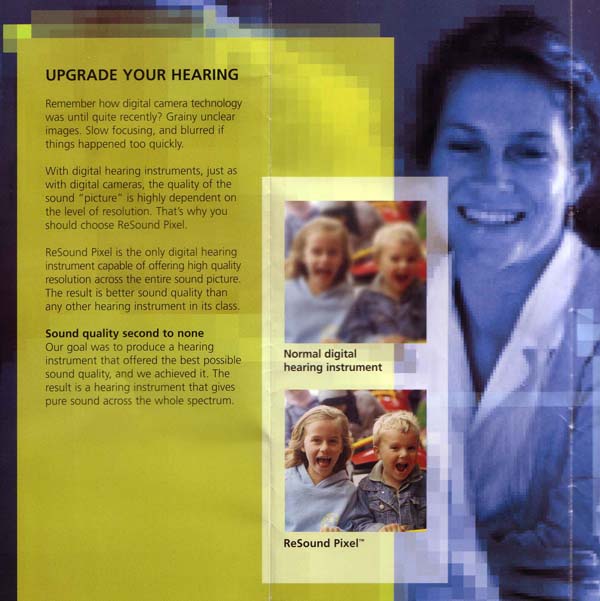I have tried to ignore the trickling of reports about in-ear/bud headphones causing hearing loss, but an article from Information Week, which I consider to be a decent source, requires a discussion on the matter.
News outlets and my Mom have been reporting lately that kids (these days) are going deaf because of their use of these types of headphones. You might even see reports that hold Apple’s iPod to blame. Initially, I thought the physical design of these products were somehow coming into contact with and damaging cilia. That would be bizarre, but would certainly mean these headphones cause deafness.
Instead, it is the sound produced by these headphones that cause hearing problems. This explanation makes much more sense, but has little to do with the headphones. Headphones do not cause deafness, sound does. It does not matter whether it comes from an aeroplane, tree falling in the forest while you are standing nearby, over-the-ear headphones, or in-ear headphones, if the sound is loud enough and/or you are exposed to it long enough, you will suffer hearing loss.
So why are people confusing headphone design and the powers of sound? The in-ear headphones moves the source of the sound (e.g., the speaker in the headphones) closer to your body’s <2000 hearing parts. Instead of the speaker being outside of your ear, the speaker is much closer to the sensitive hearing parts. That increases the volume of the sound, even if your volume knob remains the same. In fact, the study written about in the Information Week article notes:
“Insert earphones can boost the signal by as much as six to nine decibels. That’s about the difference between the sound of a vacuum cleaner and a motorcycle,” said Dean Garstecki, a professor at Northwestern in a statement. “It’s a significant difference.”
This suggests people are not turning down the volume of their headphones to the same level they or people in general once used. Instead, people are listening to music at louder levels. Rather than say this and work on figuring out why people are listening to music louder (in this day and age), they choose to unjustifiably blame headphones design.
There are a number of problematic statements in the article, but this one comes in first:
Not surprisingly, rock and rap are the most dangerous, since they’re typically played at a higher volume than, say, classical or jazz.
Yes, rock and rap music are dangerous, and now it’s not just because it will lead to increased crime rates.
